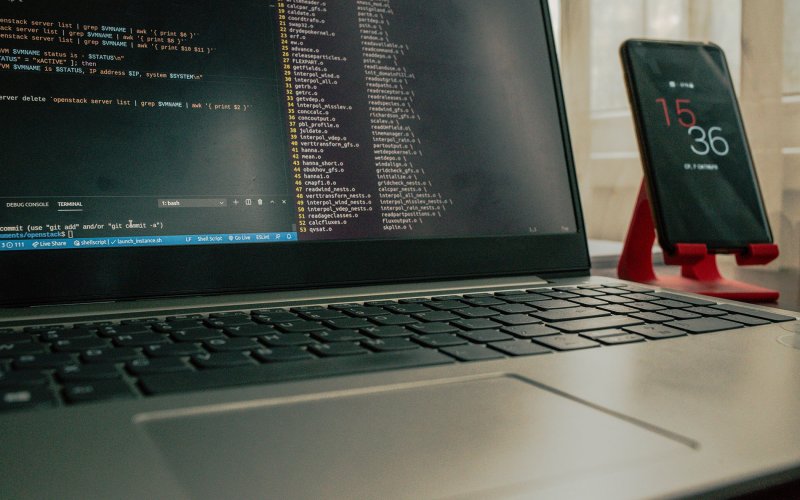UAlbany Experts Discuss Cybersecurity Awareness Month

ALBANY, N.Y. (Oct. 5, 2021) – October is Cybersecurity Awareness Month in the United States, a collaborative effort between government and industry to raise awareness about the importance of cybersecurity and to ensure Americans have the resources needed to be safer and more secure online.
Now in its 18th year, the theme for 2021 is “Do Your Part. Be Cyber Smart,” emphasizing the need for individuals to enhance cybersecurity at home and in the workplace as our nation faces constant threat from ransomware and other sophisticated forms of cyber attacks.
Several experts at the University at Albany are offering insight on the importance of Cybersecurity Awareness Month and how to best protect yourself against cybercrimes.
Jim Bole is UAlbany’s Chief Information Security Officer (CISO), part of Information Technology Services. As CISO, Bole is responsible for the oversight, development, implementation and operation of a comprehensive information security program, including responsibility for identity and access management and security operations. He plays a critical role in protecting institutional information assets, including compliance with the security-related laws and regulations applicable to academic, research and data systems.
“Cybersecurity Awareness Month is an important reminder that it is incumbent on each of us to do our part to protect our resources from cybercriminals and ensure that UAlbany continues to be a place where we can thrive in a successful and secure learning environment," Bole said.
Deborah A. Snyder is a cybersecurity strategist, and adjunct professor of information security and digital forensics at the School of Business. She is CEO and founder of Ironforged Associates, a senior fellow at the Center for Digital Government and the former (now retired) New York State Chief Security Information Officer.
"The operational impact and costs associated with a cyber attack can be catastrophic, including lost business and revenues, response and recovery costs, reputational damage, notification and credit monitoring for individuals affected by a data breach, litigation, fines and penalties,” said Snyder. “Knowing what you need to protect and focusing on basic cyber hygiene can help you identify proactive defensive measures, reduce risk and make a significant difference in your organization’s overall security posture."
Benjamin Yankson is an assistant professor at the College of Emergency Preparedness Homeland Security and Cybersecurity. His research focuses on IoT (Internet of Things) security, privacy, cybersecurity threat and risk Assessment, security auditing/compliance and digital forensics.
“October ushers us into Cybersecurity Awareness Month and draws attention to the importance of securing digital resources, which are necessary to function in a modern connected society,” said Yankson. “Considering these resources are open, globally connected and constantly under threat from bad actors, they need protection. Those of us who work in the industry must commit to training and empowering cyberspace users through innovative technologies and by sharing our expertise.”




